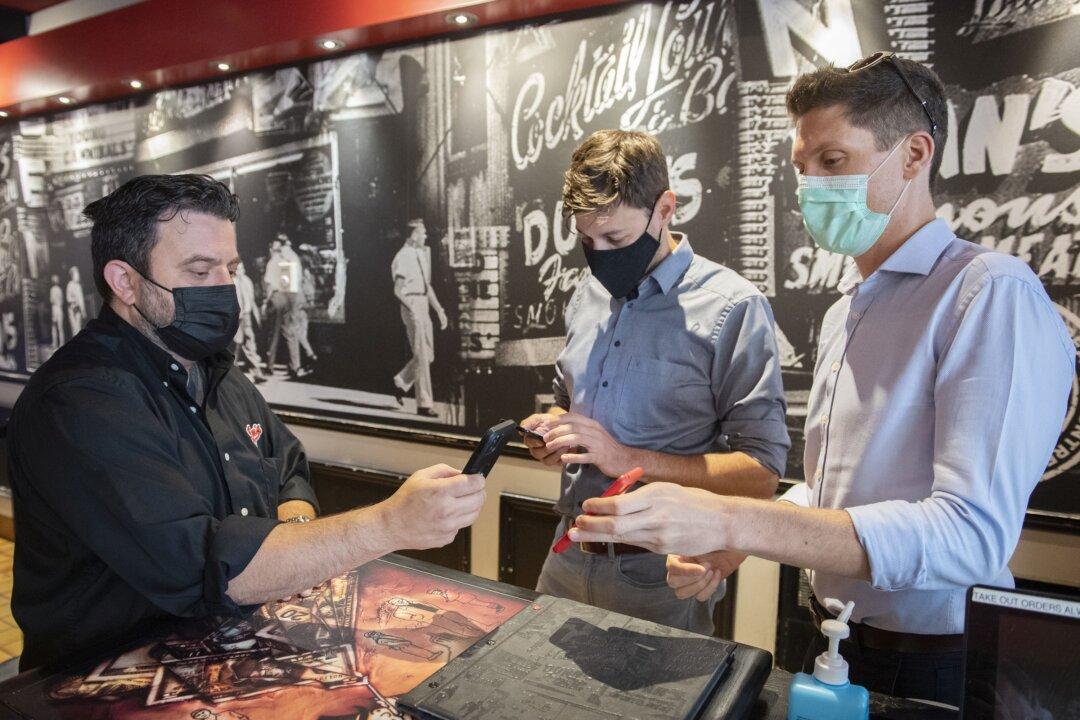Commentary
Proponents of vaccine mandates and pursuers of the “COVID zero” impossible dream have effectively depicted those opposed as wingnut conspiracy theorists.

Proponents of vaccine mandates and pursuers of the “COVID zero” impossible dream have effectively depicted those opposed as wingnut conspiracy theorists.